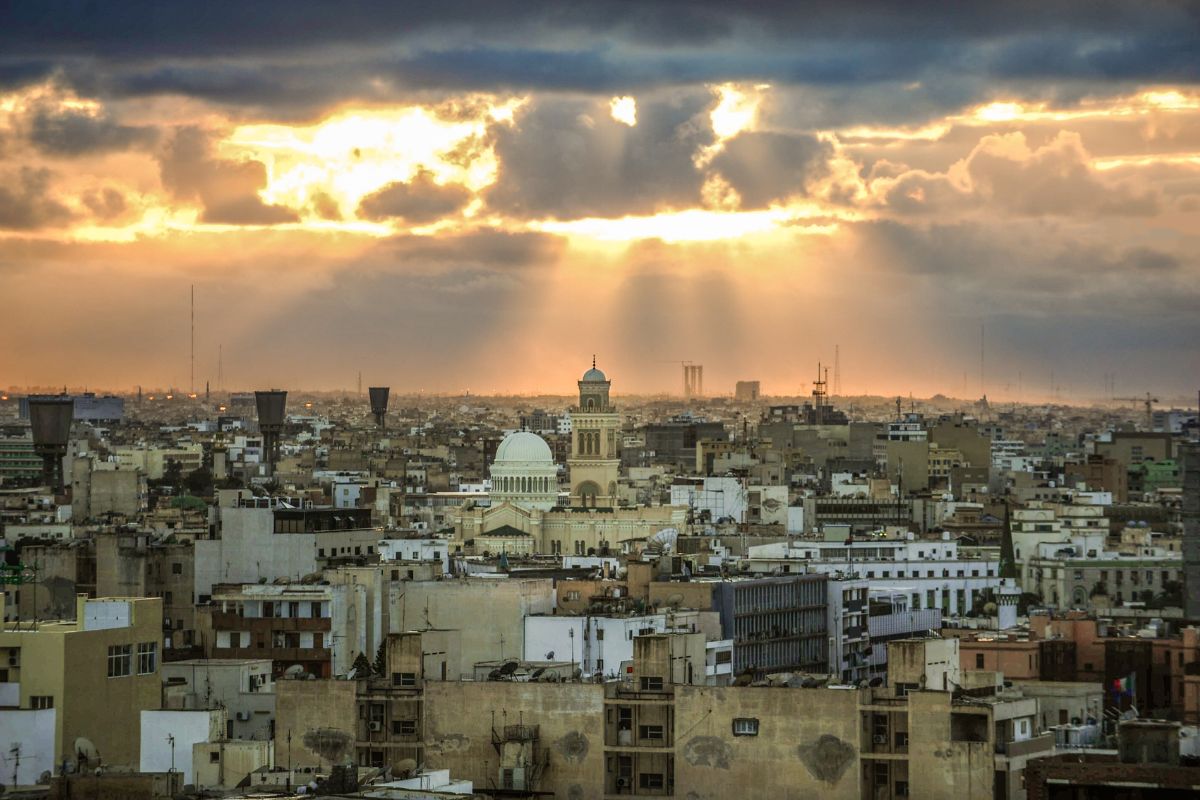Libya is in ferment again and more than at any point in the eleven years since the Arab Spring. Clashes between militias backed by the embattled country’s rival governments have killed at least 32 people and wounded 159, according to the country’s health ministry. Indeed, last Saturday’s confrontation in Libya’s capital, Tripoli, was the worst ever in two years. Fears that the country could be plunged back into full-blown war are frighteningly real. Among the fatalities was Mustafa Baraka, a comedian known for his social media videos mocking militias and corruption. Emergency services are still trying to evacuate the wounded and civilians trapped in the fighting.
The health ministry said that in addition to the140 people wounded, 64 families were evacuated from areas around the fighting. Hospitals and medical centres in Tripoli were shelled, and ambulance teams were barred from evacuating civilians in acts that “amount to war crimes”. The stand-off for power in Libya has pitted the Tripoli-based Government of National Unity (GNU), helmed by Abdul Hamid Dbeibah against a rival administration under Fathi Bashagha that is backed by the eastern-based Parliament. The GNU, installed as part of a United Nations peace process following a previous round of violence, said the latest clashes in Tripoli were ignited by fighters aligned with Basagha firing at a convoy in the capital, while other pro-Basagha units had massed outside the city.
Advertisement
Basagha’s attempt on Saturday to take over Tripoli was his second such since May. He is backed by Libya’s parliament and the eastern-backed military strongman, Khalifa Haftar. The GNU’s detractors claim that its mandate has expired. But Basagha has so far been unable to take office in Tripoli as Dheibah has asserted that he will only hand over power to an elected government. Basagha’s administration has said in a statement that it had never rejected talks, and that its own overtures had been turned down by Dheibah. It is an index to the fissures within Libya that the weekend fighting in the densely-populated city centre involved heavy artillery. Hundreds were trapped and hospitals, government and residential buildings damaged.
Residents fear the fighting, that has capped a months-long political deadlock, could explode into a wider war and a return to the peak of Libya’s long-running conflict. On closer reflection, Libya has plunged into chaos ever since a Nato-backed uprising toppled and killed the longtime dictator, Muammar Gaddafi in 2011. The oil-rich country has for years been split between rival administrations, each backed by allegedly rogue militias and foreign governments. The raging stalemate is embedded in the failure to hold elections in December and Dheibahs’s refusal to step down. The ferment in Libya is unlikely to die down anytime soon.
A version of this story appears in the print edition of the August 31, 2022, issue.









